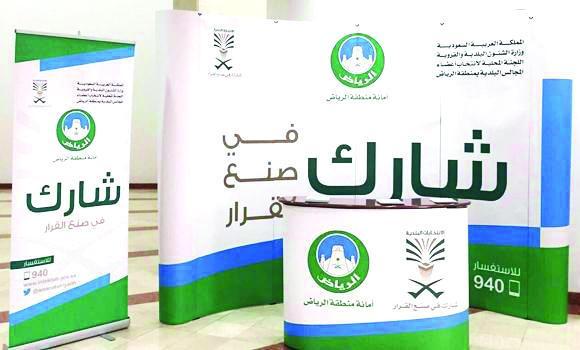
Human rights bodies can observe Dec. 12 civic polls
All preparations have been completed to hold the country’s third municipal council elections on Saturday, according to the committee overseeing the polls.
Judai Al-Qahtani, spokesman for the committee, was quoted as saying at a press conference this week that all civil society institutions would be allowed to monitor the process, particularly human rights bodies.
“They will be given the right to attend and submit their observations on the electoral process. Any complaints about violations on election day will be submitted to the special department where penalties are determined based on rules and regulations.”
He said that the complaints review committee includes experts in Islamic law who are completely independent. They would evaluate all complaints and decide on the relevant penalties according to the laws and regulations governing the municipal elections, he said.
Responding to a question, he said the decision to ban men from posting photographs in the media was to ensure there was equality with women who had been earlier barred from doing so.
This was also the case with candidates granting media interviews. The media would not have the resources to interview all 6,917 Saudi candidates, so a decision was taken to ensure women and men had equal chance of success, he said.
He said that candidates were allowed to launch campaigns on social networking sites, but had to do so without their pictures. In addition, there were limits on the SMSs and WhatsApp messages they could send voters, to prevent them from bombarding people with advertisements.
Al-Qahtani said that journalists are allowed to attend election stations and witness the counting of ballots, which would be done out loud.
According to reports, over 1.48 million men and women have registered for the upcoming elections, consisting of 1.35 million men and 130,637 women voters. There would be 548,945 new men and women voters, with men making up 418,380.
The upcoming polls would see 284 councils with 3,159 members, two-thirds or 2,106 elected, on condition that each council not exceed 30 members, and with one-third appointed by the minister of municipal and rural affairs.



























